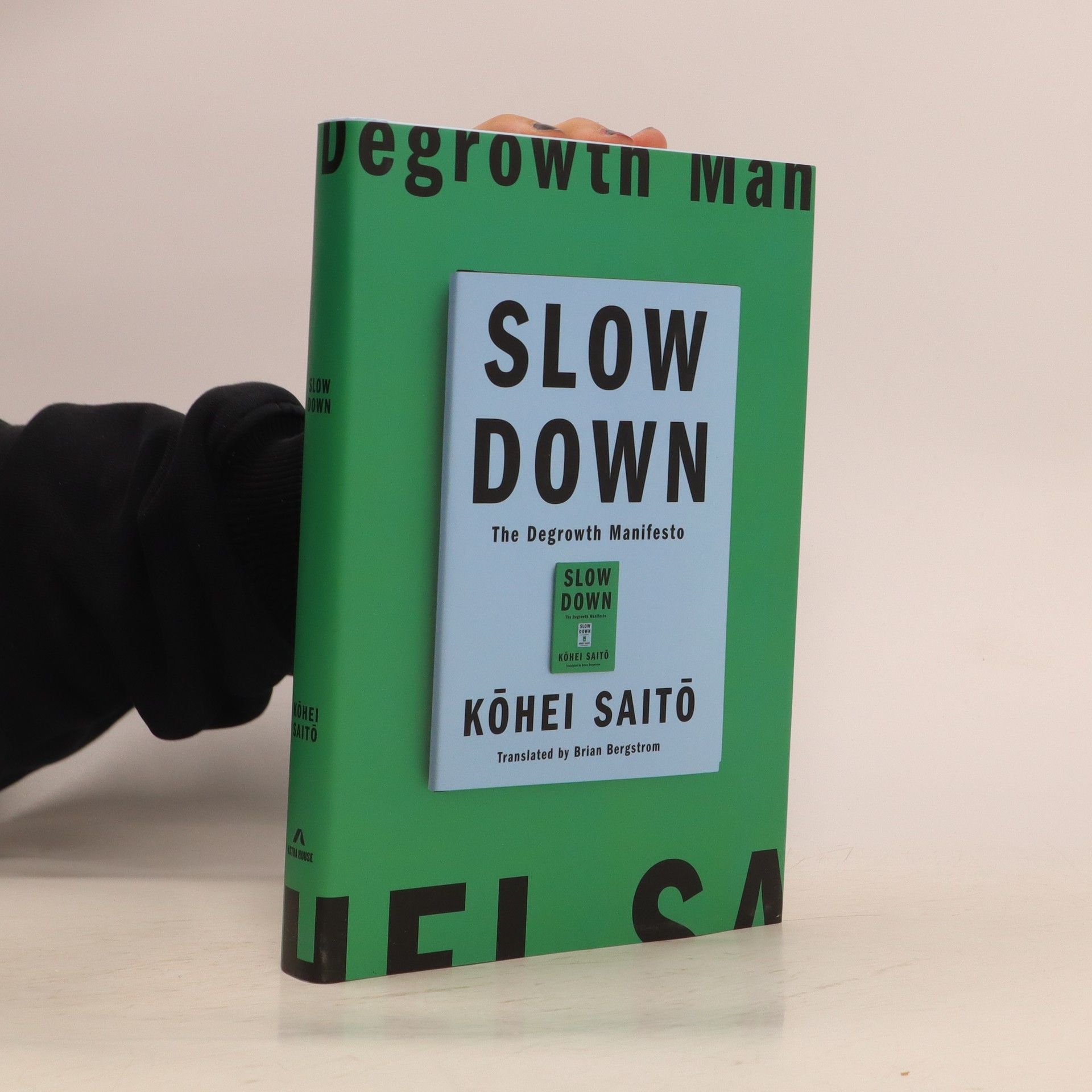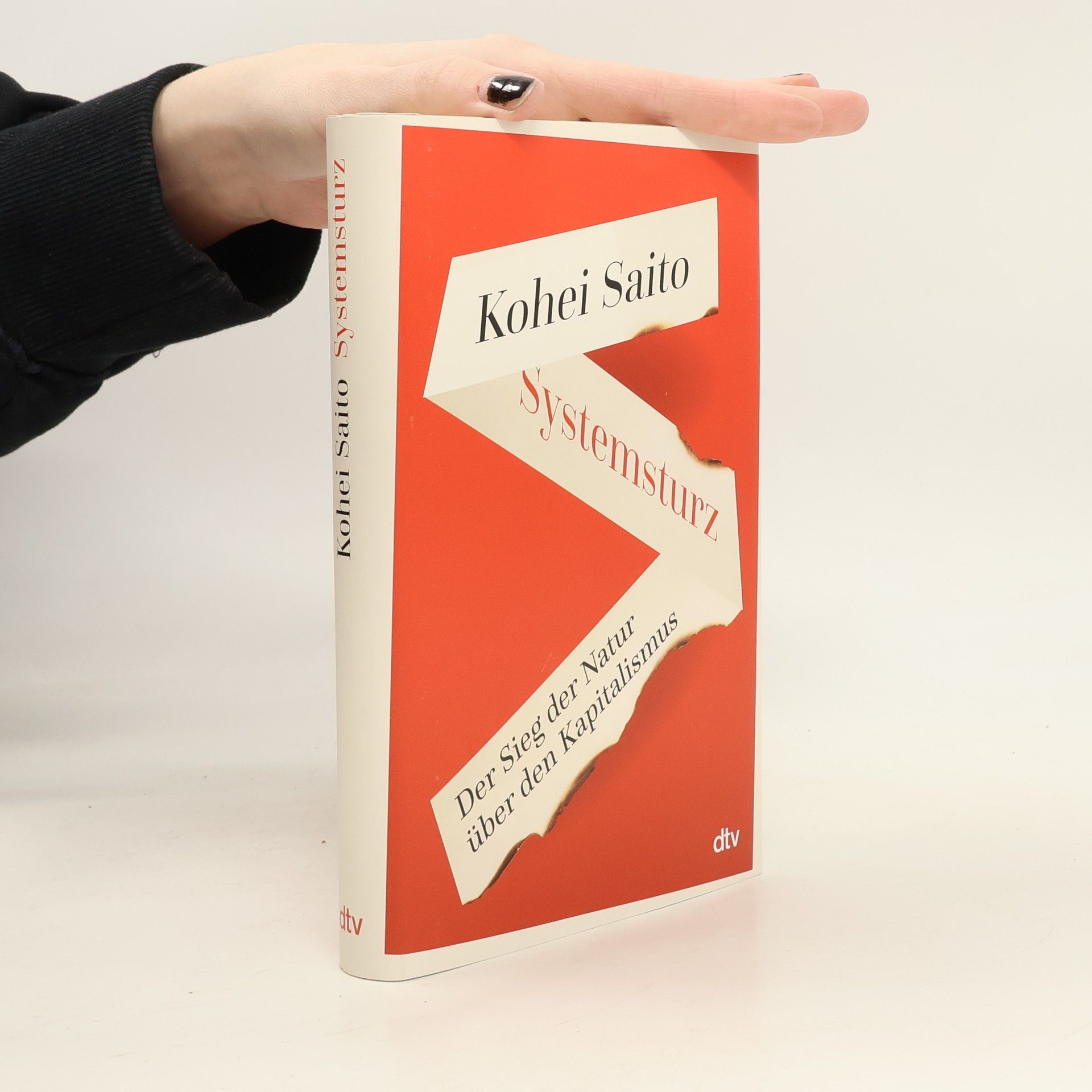Systemsturz
Der Sieg der Natur über den Kapitalismus | »Kohei Saito ist der neue Piketty.« Berliner Morgenpost
Ohne Kapitalismus in die Zukunft Wenn wir glauben, die Welt durch nachhaltigen Konsum vor der Klimakatastrophe zu retten, betrügen wir uns selbst. Das sagt der japanische Philosoph Kohei Saito. Denn der Kapitalismus ist nicht zukunftsfähig. Klar und überzeugend vertritt Saito die These: Nichts, was die Welt jetzt braucht, lässt sich innerhalb eines kapitalistischen Systems realisieren. Grünes Wachstum ist unmöglich. Was wir stattdessen brauchen? Einen neuen Kommunismus. Genauer gesagt: einen Ökosozialismus, der nicht auf Wachstum ausgerichtet ist, der das Produktionstempo herunterfährt und Wohlstand umverteilt. Schon Marx plädierte für eine nachhaltige Wirtschaftsordnung. Und nur damit wird es uns gelingen, die Natur – unsere Lebensgrundlage – zu erhalten. Die bahnbrechende Neuinterpretation der Marx'schen Theorie von einer der aufregendsten jungen Stimmen der internationalen Philosophie »Neoliberale Maßnahmen wie Deregulierung oder Beschneidung des Sozialstaats, mit denen das Wachstum angetrieben wurde, haben soziale Gräben und Instabilität hinterlassen. Warum sollen wir so weitermachen, unser ganzes Leben auf Arbeiten, Geldverdienen, Konsumieren ausrichten? Wir brauchen einen ›new way of life‹.« Kohei Saito


